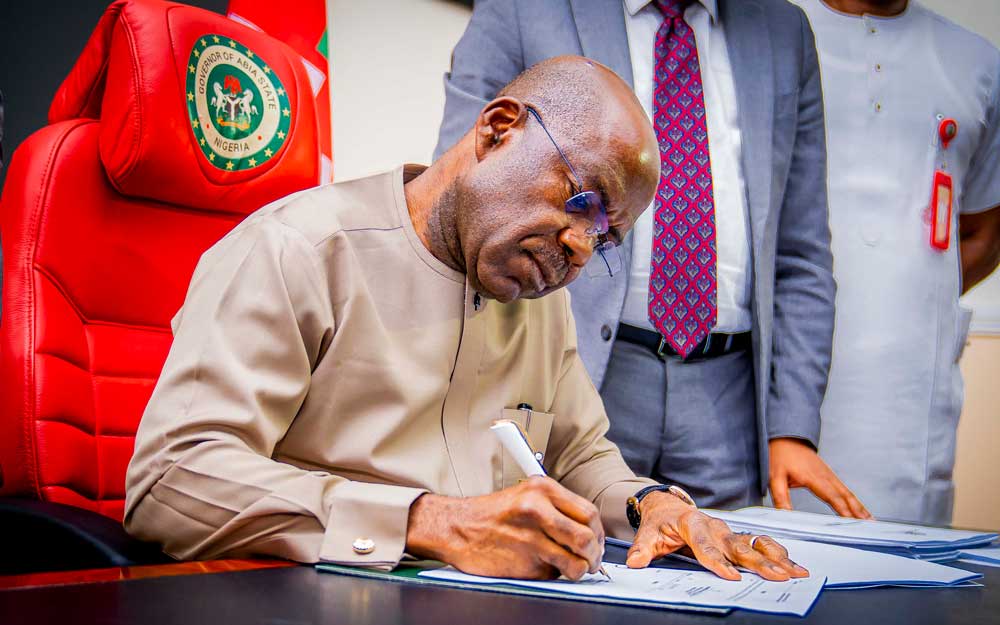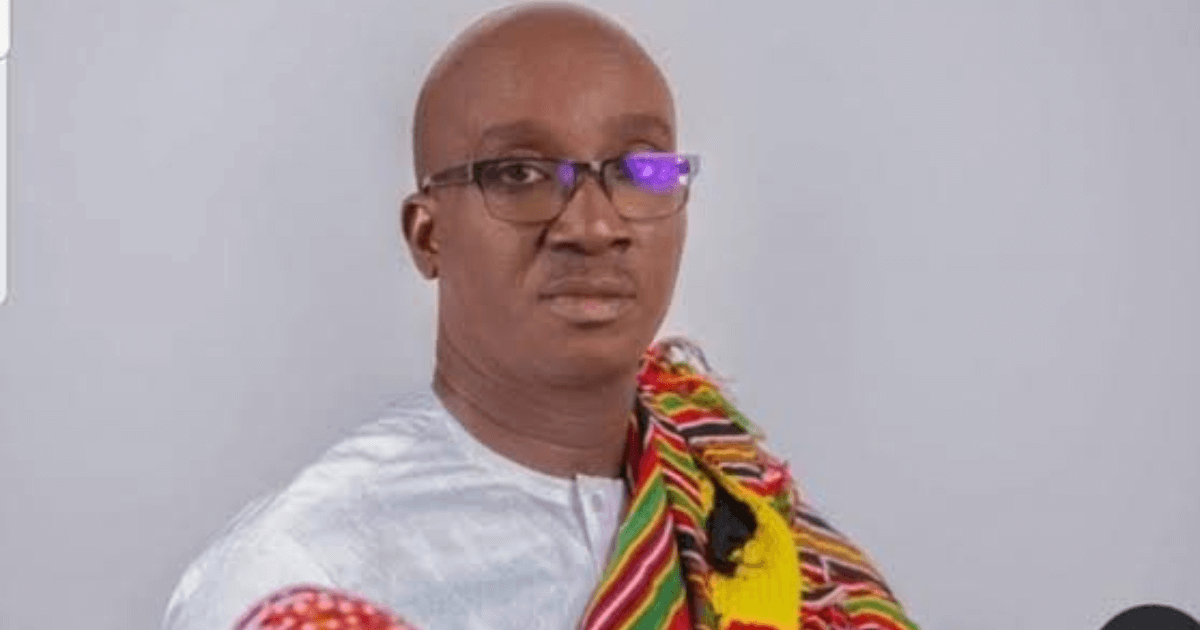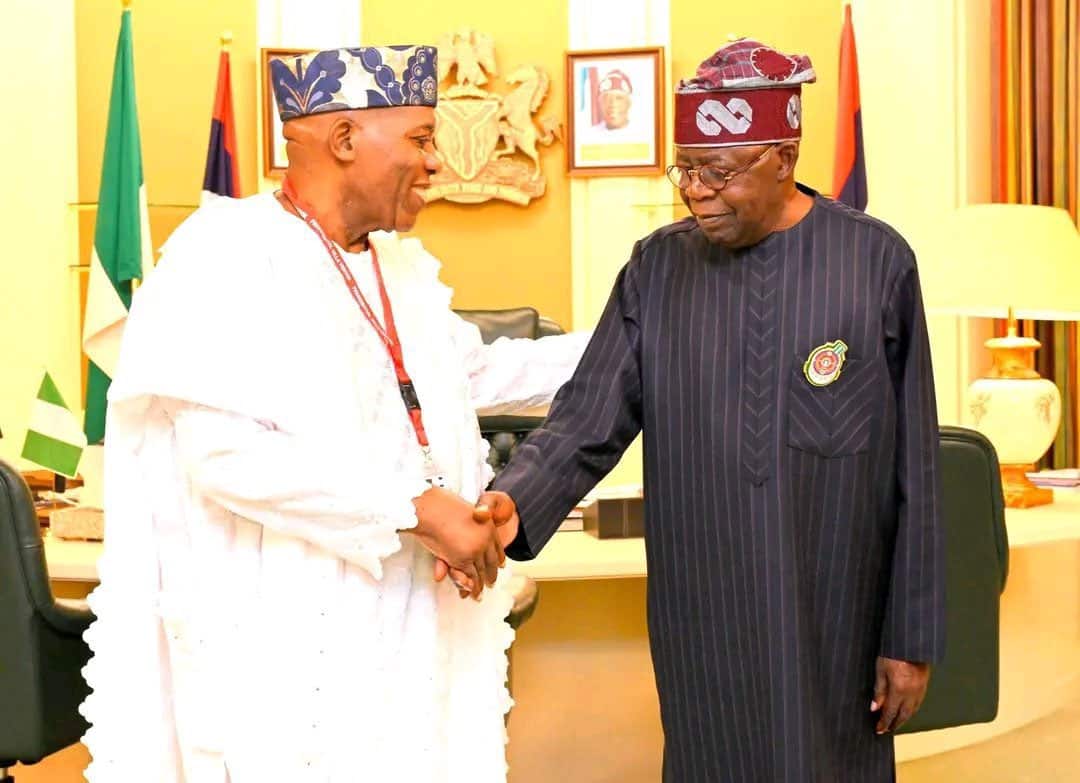ARTICLE AD
In spite of the ongoing global energy transition from fossil fuels to renewable energy, Nigeria will continue to produce fossil fuels, the Minister of State for Petroleum (Oil), Senator Heineken Lokpobiri, has stated.
Lokpobiri who made the assertion on Tuesday, while speaking at the 13th Practical Nigerian Content organised by the Nigerian Content Development and Monitoring Board in Yenagoa, Bayelsa State capital, said Nigeria already has enough market for fossil fuels in Africa.
His remarks, which highlighted the theme of the programme, ‘Deepening the Next Frontier for Nigerian Content Implementation’, pointed out that no country in the world will stop the production of fossil fuels when there is still a market for it.
According to him, even a nation that champions energy transition like the United Kingdom awarded over 100 licences to companies to continue crude oil exploration.
He said, “All the nations that say we should stop the production of fossil fuel, we will never stop the production in Nigeria; no country in the world will stop it.
“Just in 2023, the United Kingdom contributed 4.8 per cent of global emissions, higher than the entire OPEC countries put together. The entire African continent together contributes about three per cent, but the UK contributes 4.8 per cent, and they gave over 100 licences to new companies for new exploration.
“America is the highest producer of fossil fuels, so why should we stop? Those who are telling us to stop are themselves not stopping, so we should know that it is about politics.
“Let me also use this opportunity to challenge the industry that with the emergence of Trump, the price of oil may be battered. What I want us to do is to increase our production. Africa already has enough market, we can produce enough fuel to supply the West African region and the entire Africa, but our biggest challenge has to do with funding.”
The Acting Governor of Bayelsa State, Senator Lawrence Ewhrudjakpo, challenged NCDMB to engage grassroots stakeholders by incorporating diverse perspectives to ensure that their strategies are inclusive and reflective of the aspirations of all Nigerians.
Ewhrudjakpo urged participants at the forum to move beyond dialogue to implementation with a view to ensuring that the outcomes of the conference drove real and meaningful change in the oil and gas industry.
He described the theme of the Practical Nigerian Content as forward-looking and called on the participants to engage actively with a focus on transforming ideas into actionable strategies that would yield lasting impacts.
He said, “Leveraging technology and empowering local talent will create a vibrant ecosystem that promotes creativity, entrepreneurship and sustainable development.”
While commending NCDMB for their leadership and commitment to advancing Nigerian content that has established a framework for excellence and innovation, he assured that “Bayelsa remains steadfast in its collaboration with the NCDMB and other credible partners across various sectors such as energy, agriculture, healthcare and tourism which align with the state’s ASSURED Prosperity Agenda.
“Let us focus on building resilient and sustainable frameworks that enable communities to actively participate in emerging sectors, particularly the digital economy. This will ensure shared prosperity and a future where no one is left behind.
“Together, we can redefine the landscape of Nigerian content implementation. By fostering innovation, inclusivity, and strategic partnerships, we can unlock new frontiers for growth and sustainable development.”
In his keynote address, the Executive Secretary, NCDMB, Engr. Felix Ogbe, highlighted some of the milestones achieved in the last 7 years including the commissioning of the new library at the Niger Delta University, Amassoma in partnership with Shell Petroleum Development Company and other joint partners.
Others include the commissioning of the Kwale Gas Gathering and injection facility in Delta State, the commissioning of 150 LPG in Kaduna State as well as the inauguration of the gas leak detection facility in Abuja as some of the achievements recorded.
Also speaking, the Minister of State for Petroleum (Gas), Ekperikpe Ekpo, urged local businesses in the country to invest in Compressed Natural Gas, saying gas will be the mainstay of the economy after the energy transition.
Ekpo said, “Gas will be the mainstay of Nigeria’s energy shift, and we are giving local businesses a chance to engage in gas distribution, processing and power generation. The probable replacement for PMS has been determined to be natural gas in the form of CNG.
“Let me reiterate this administration’s unwavering commitment to advancing local content as a cornerstone of our energy strategy. Together, we have the opportunity to build an energy industry that empowers Nigerians, strengthens our economy and contributes to a sustainable future.”
In his goodwill message, Dr Omar Farouk Ibrahim of the African Energy Bank said Africa should not be deterred by the global energy transition to renewable energy and that the objective of establishing the bank was to continue to fund investments in oil and gas.
Earlier, Ogbe said the board had achieved 56 per cent in Nigerian Content implementation level in 2024 compared to 26 per cent in 2016.
Ogbe cited some achievements of the board including the commissioning of Amal Technologies in Idu, Abuja and the Kwale Gas Gathering facility in Delta State; approval of 312 Nigerian Content Plans and the issuance of 402 Nigerian Content Compliance Certificates amongst others.
The conference would continue on Wednesday with several panel sessions.

 15 hours ago
9
15 hours ago
9 

